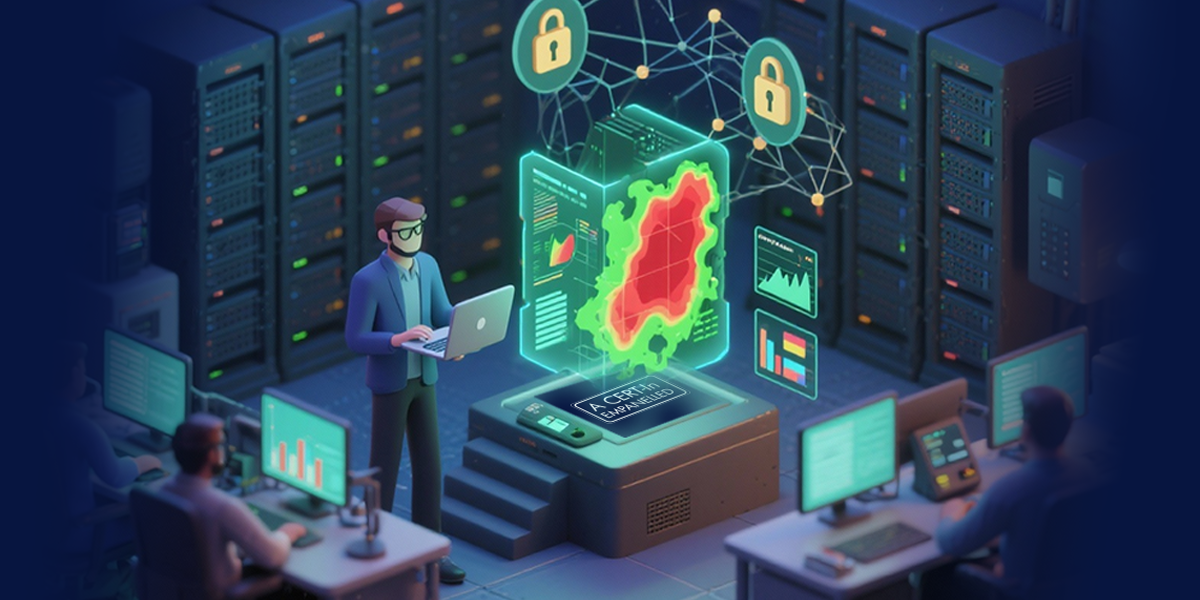The legal department’s responsibility is to provide legal services and advice to the company, from its employees to all its divisions. There is a long list of different legal matters that legal departments attend to that any company faces. To enumerate some, real estate transactions, business development, litigation, debt collection, case prosecution, and much more. If we were to boil it down to just three functions, they would be: providing legal advice and guidance; prosecution of cases in courts and litigation management; and documentation preparation and drafting.
As the world innovates with technology, legal matters and legal departments do change along with it. And with these advancements, we can see some risks being brought to the legal team’s attention. It is their role to know these risks and prevent them from being the client’s problem in the future. Cybersecurity is coming into the spotlight as one solution to battle the risks of legal departments.
So why do legal departments need top-notch security? Is it clear and easy to download free antivirus? How does cybersecurity play a role in the legal department daily? Here are some ways for you to have the top-notch security that your legal team needs.
Encrypt at All Times
Firm laws use all kinds of encryption which includes e-mail encryption, file encryption, and full-disk encryption. Encrypting may be the simplest and effective tool for risk management yet at the same time an effective guard for securing data and files. Foreseeing lost laptops or any storage gadgets used for possible data breaches, having encryptions will keep the data inaccessible. Free antivirus for laptop download will also be a great help when scanning the stolen laptop.
Training Your Staff
Continuously training your staff on mitigating data risk is one way you can save your data from any breach. Training is one key aspect for effective protection and prevention from any kind of cyber-attack on legal data. Training helps to recognize the threat and be able to act accordingly against or away from it. Start with letting your staff install an antivirus free download for pc with their office computers. Train in safe and secure internet usage. Include your clients in the training, start by communicating your data security practices and procedures.
The Password Policy
You are always asked to make your password of at least 12 characters that should contain a number, lower and upper case letters, and a symbol. Then sometimes it rates its strength of being guessed. Enforcing a strong password policy for the legal department can be an effective way to protect its sensitive data. Passwords should be refreshed regularly for added safety and security.
Know The Threats
Free antivirus is the first line of defence and so are tutorials for antivirus downloads. Cyberattacks are notorious, are very specific and accurate in a variety of different ways. These are some of them:
- Phishing attacks
- Data theft
- Password attacks
- Denial of Service attacks
Knowing the types of threats can help you be a step ahead of the risks and threats. You are welcome to get an easy antivirus download free on your devices with just a few clicks or taps.
Expect The Worst-Case Scenario
A safety net would be nice when you find yourself bungee jumping off of a cliff. The same is true for company files and data; backups and copies of files are to secure no loss of data happens but still, they can be prone to data breaching. In some unavoidable cases, the best security and legal departments are to prepare for worst care scenarios. Creating a backup schedule for all your staff in every division will take you a step closer to protecting valuable data.
Fair Warning
An early solution like having free antivirus download can help your years of data by keeping them secure and help avoid a data breach. Your legal department is showed gratitude and your client is safe and secured. However, there could be mistakes that you may slip into, in order to avoid them, always remember to encrypt all valuable data whether legal or financial. Delaying patching weaknesses and vulnerabilities after they are discovered is a mistake. Do not make the fault of leaving access paths unsecured.











